Echeveria colorata is native to Mexico; there are two naturally occurring forms and several cultivated varieties. The rosettes of this echeveria can reach more than 20 centimeters in diameter. It is known as the Mexican giant echeveria.
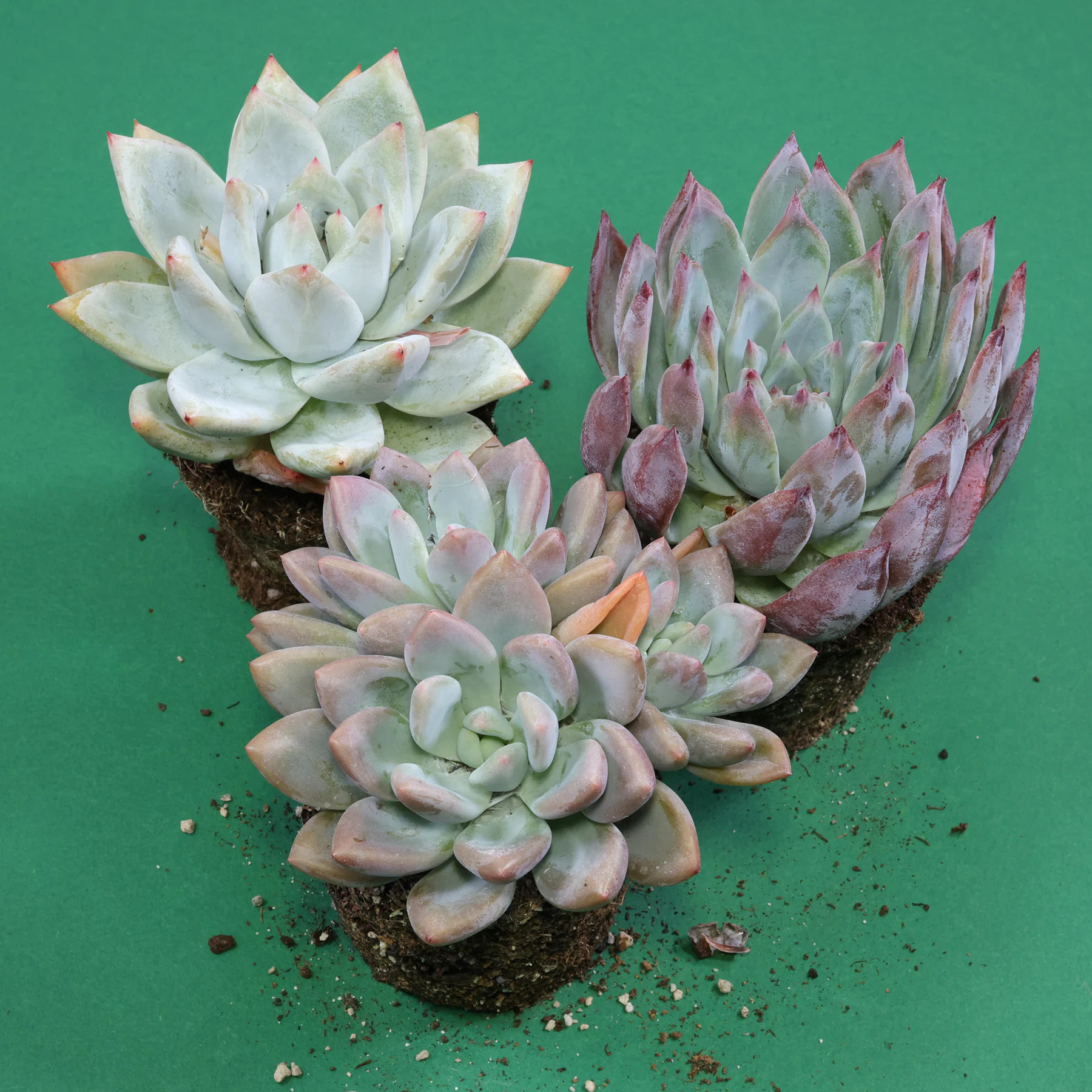
Lighting
Echeveria colorata grows best in a location that receives at least three hours of sunlight a day. It tolerates the hot afternoon sun of summer, which it can spend in the garden or on the balcony. In spring, however, it needs to be slowly acclimated to sunlight that is no longer filtered through window glass.
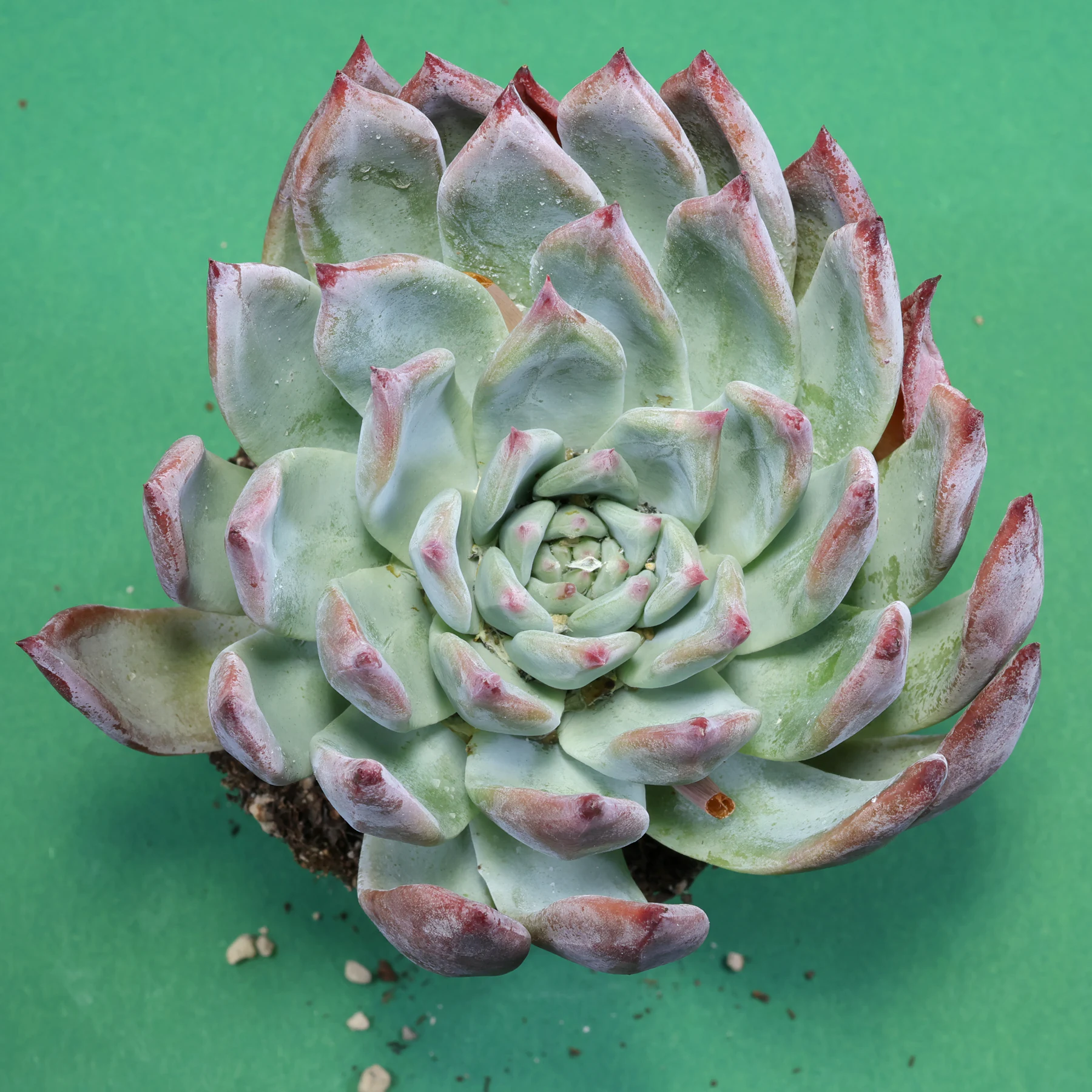
Substrate
Standard mixes for cacti and other succulents will work. I use a mix of peat-free herb soil, pumice gravel and bird sand.
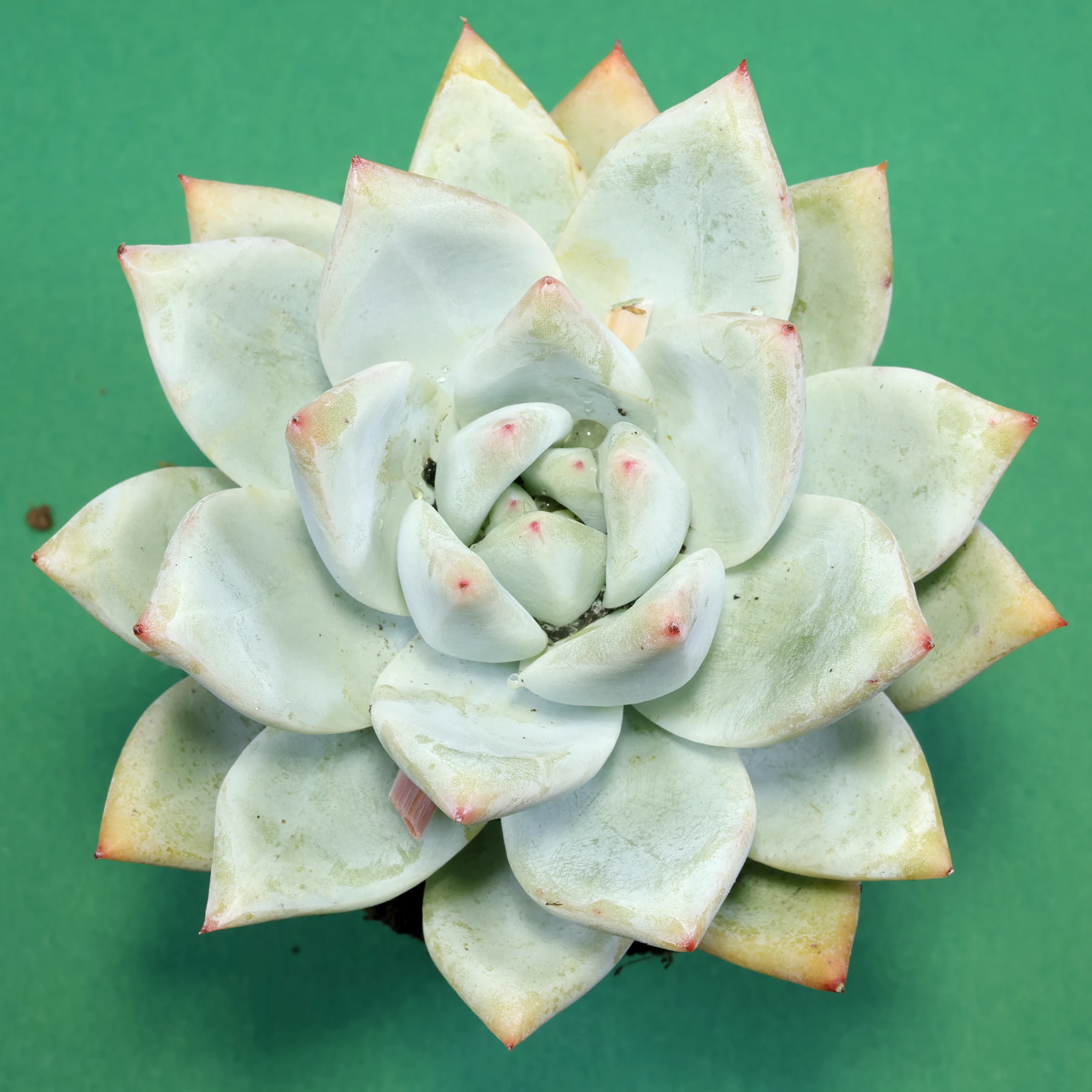
Watering
The root ball should almost dry out or be allowed to dry out between waterings. Echeveria colorata is very well adapted to survive in dry and hot regions.
During the warm summer weeks, it can be watered thoroughly. Water until the soil is saturated with water. It is allowed to dry out until the next watering.
In winter, the water requirement is significantly lower. Now the substrate should be kept predominantly dry. So that Echeveria colorata also stops growing if it is overwintered at room temperature.
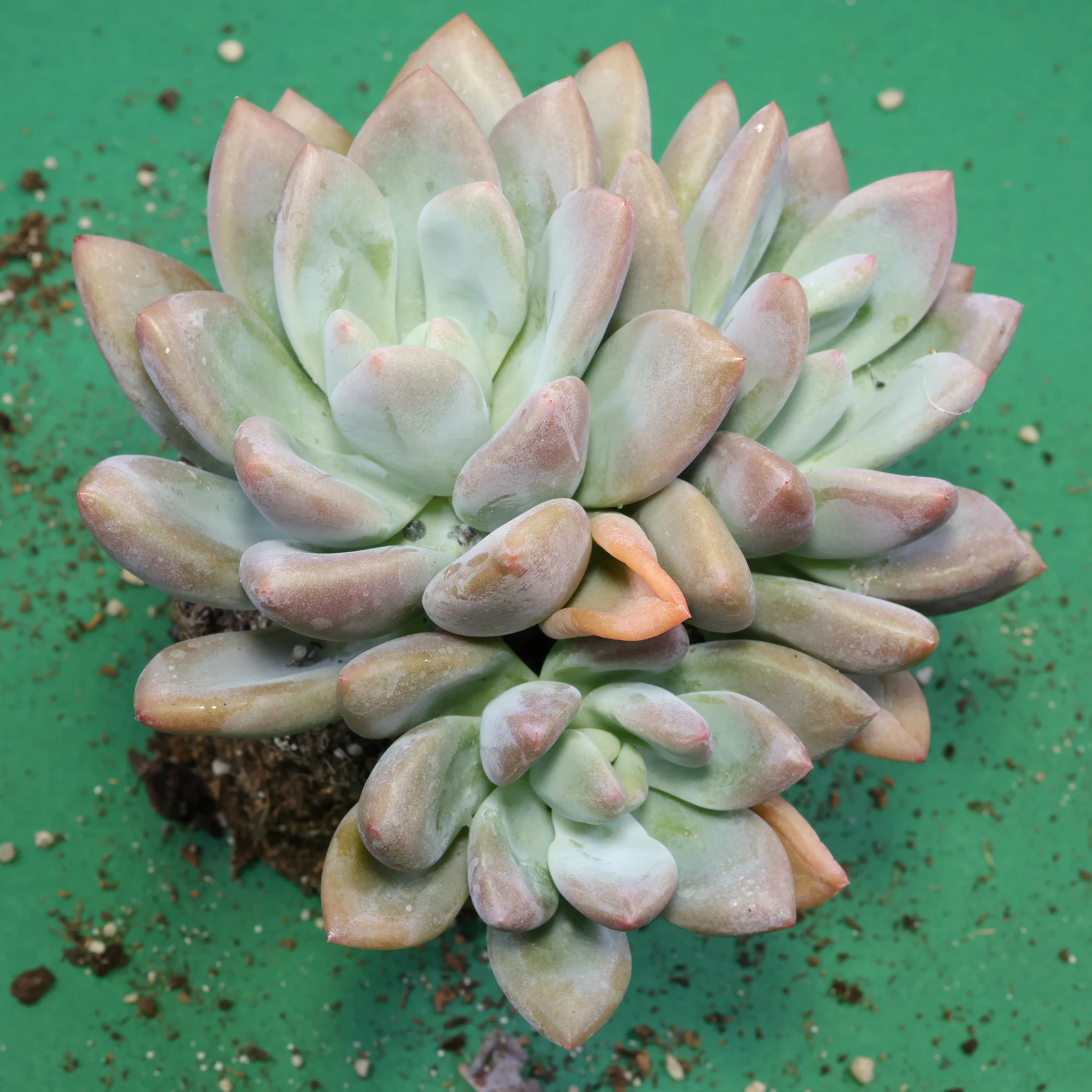
Fertilizing
Liquid fertilizer for cacti and other succulents can be given occasionally from spring to late summer. Fertilizer for flowering or green plants in half concentration is also suitable.
Temperature
It is good for Echeveria colorata to develop flowers if it is overwintered in cool to temperate conditions, at 5 to 15 °C.
If you have to overwinter it in warmer temperatures, you should water it as little as possible so that the Mexican giant stops growing and does not become etiolated.
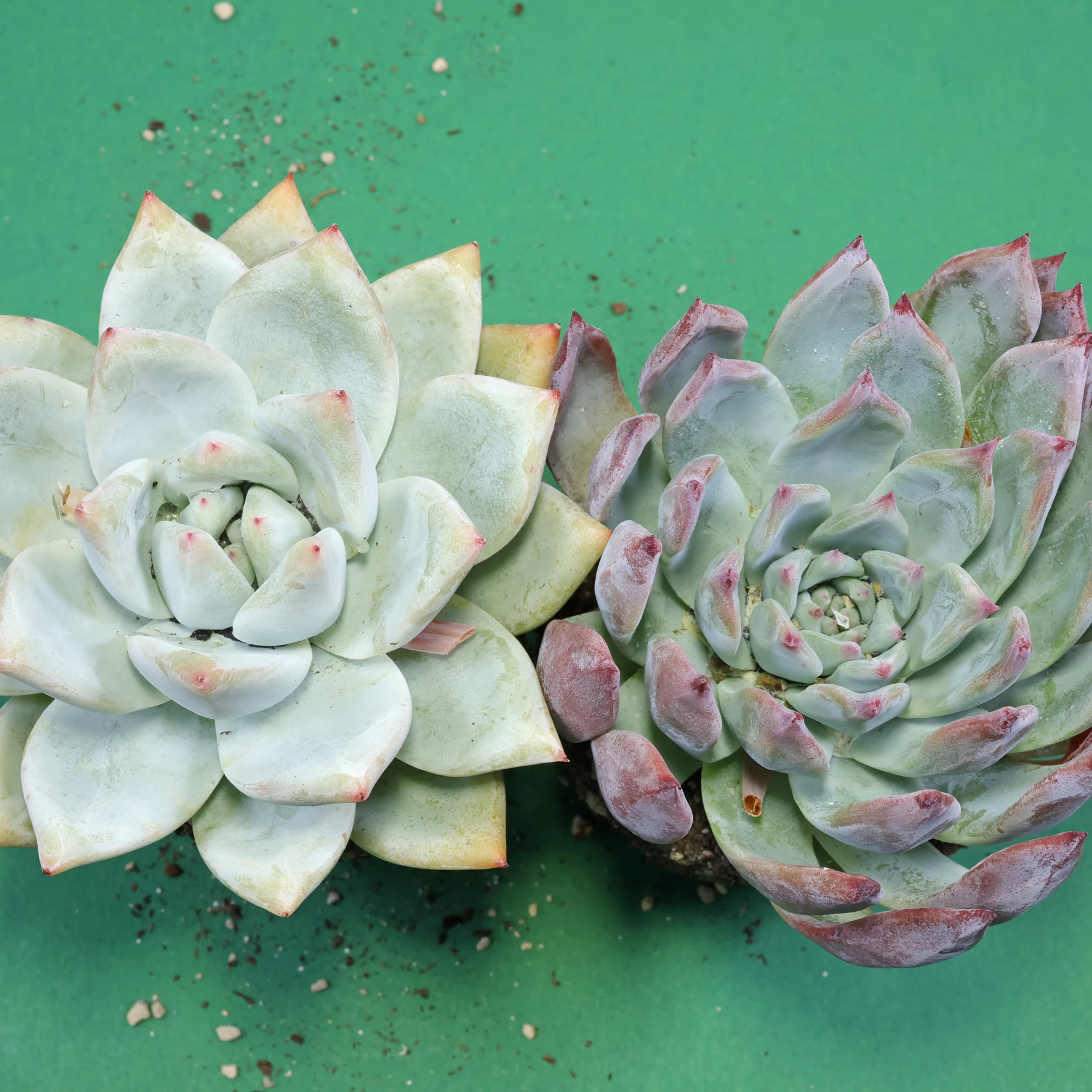
Propagation
Echeveria colorata can be propagated by cutting off daughter rosettes; it can also be grown from seeds and leaf cuttings.

Categories: Succulents | Crassulaceae |

 Echeveria agavoides “Taurus”
Echeveria agavoides “Taurus” 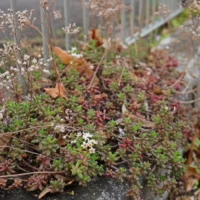 Hardy Stonecrops (Sedum)
Hardy Stonecrops (Sedum)  Graptopetalum bellum
Graptopetalum bellum  Sedum rubrotinctum
Sedum rubrotinctum  Echeveria purpusorum
Echeveria purpusorum  Sedum morganianum
Sedum morganianum 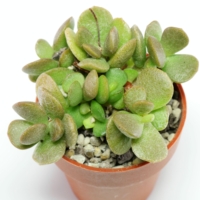 Adromischus diabolicus
Adromischus diabolicus 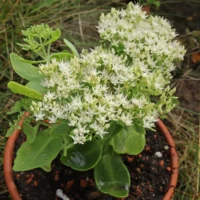 Hylotelephium spectabile “Iceberg”
Hylotelephium spectabile “Iceberg”  Pachyphytum kimnachii
Pachyphytum kimnachii 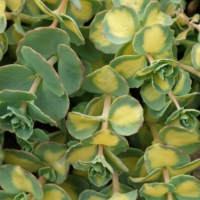 Hylotelephium sieboldii “Mediovariegatum”
Hylotelephium sieboldii “Mediovariegatum”  Kalanchoe orgyalis
Kalanchoe orgyalis  Hylotelephium sieboldii
Hylotelephium sieboldii 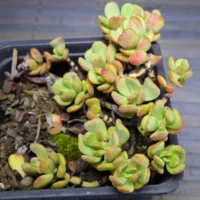 Sedum obtusatum
Sedum obtusatum 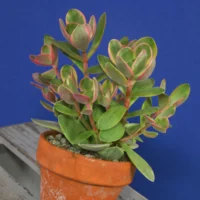 Crassula “Money Maker”
Crassula “Money Maker”  Echeveria “Perle von Nürnberg”
Echeveria “Perle von Nürnberg”  Aeonium canariense
Aeonium canariense 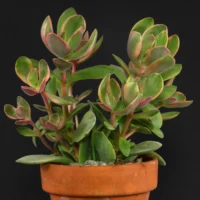 Crassula atropurpurea var. muirii “Variegata”
Crassula atropurpurea var. muirii “Variegata” 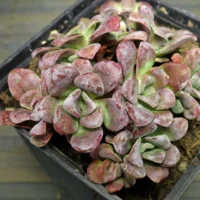 Sedum spathulifolium “Purpureum”
Sedum spathulifolium “Purpureum”  Pachyphytum hookeri
Pachyphytum hookeri 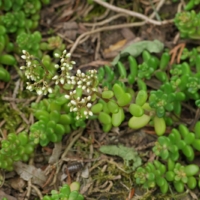 Sedum album “Athoum”
Sedum album “Athoum” 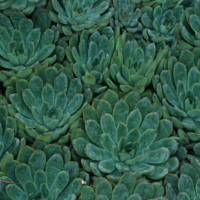 Echeveria pulidonis
Echeveria pulidonis  Crassula columella / Columnar Crassula
Crassula columella / Columnar Crassula  Hylotelephium spectabile
Hylotelephium spectabile  Sedum “Little Missy”
Sedum “Little Missy”  Kalanchoe blossfeldiana “Aurora”
Kalanchoe blossfeldiana “Aurora”  Sedum acre
Sedum acre  Kalanchoe longiflora
Kalanchoe longiflora  Kalanchoe scapigera
Kalanchoe scapigera  Crassula ovata
Crassula ovata  Cotyledon tomentosa
Cotyledon tomentosa  Cotyledon tomentosa “Variegata”
Cotyledon tomentosa “Variegata”  Sedum rupestre
Sedum rupestre  Sedum makinoi
Sedum makinoi  Hylotelephium telephium “Lajos”
Hylotelephium telephium “Lajos” 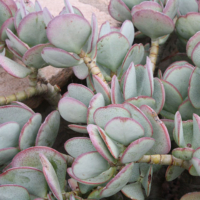 Crassula arborescens
Crassula arborescens  Sedum sexangulare
Sedum sexangulare 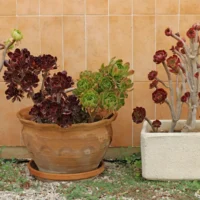 Aeonium: a brief introduction
Aeonium: a brief introduction  Echeveria gibbiflora “Purple Pearl”
Echeveria gibbiflora “Purple Pearl”  Pachyphytum compactum
Pachyphytum compactum  Crassula pellucida ssp. marginalis
Crassula pellucida ssp. marginalis  Adromischus cooperi
Adromischus cooperi  Kalanchoe delagoensis
Kalanchoe delagoensis 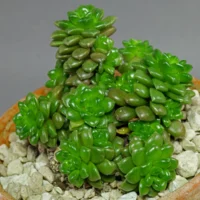 ×Cremnosedum “Little Gem”
×Cremnosedum “Little Gem”  Echeveria lilacina
Echeveria lilacina 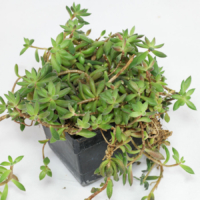 Sinocrassula yunnanensis
Sinocrassula yunnanensis  Kalanchoe beharensis
Kalanchoe beharensis  Echeveria prolifica
Echeveria prolifica  Graptopetalum paraguayense
Graptopetalum paraguayense 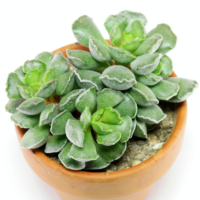 Adromischus cristatus
Adromischus cristatus  Sedum rupestre “Angelina”
Sedum rupestre “Angelina”  Sempervivum arachnoideum
Sempervivum arachnoideum  Echeveria “Fabiola”
Echeveria “Fabiola”  Tylecodon schaeferianus
Tylecodon schaeferianus 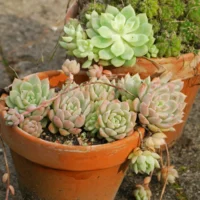 Echeveria prolifica
Echeveria prolifica 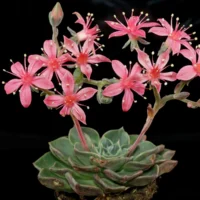 Graptopetalum
Graptopetalum  Echeveria elegans
Echeveria elegans  Crassula exilis ssp. schmidtii
Crassula exilis ssp. schmidtii  Echeveria pulvinata var. leucotricha (syn. Echeveria leucotricha)
Echeveria pulvinata var. leucotricha (syn. Echeveria leucotricha) 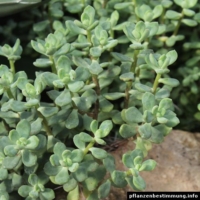 Echeveria macdougallii
Echeveria macdougallii  Crassula deceptor
Crassula deceptor  Kalanchoe thyrsiflora
Kalanchoe thyrsiflora  Sempervivum tectorum cv.
Sempervivum tectorum cv.  Aeonium arboreum
Aeonium arboreum  Sedum nussbaumerianum
Sedum nussbaumerianum  Adromischus alstonii
Adromischus alstonii  Kalanchoe pumila
Kalanchoe pumila 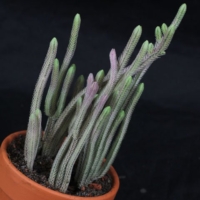 Crassula muscosa “Variegata”
Crassula muscosa “Variegata” 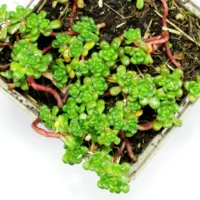 Sedum oreganum
Sedum oreganum  Sedum palmeri
Sedum palmeri  Aeonium sedifolium
Aeonium sedifolium  Kalanchoe tomentosa
Kalanchoe tomentosa  Kalanchoe fedtschenkoi “Variegata”
Kalanchoe fedtschenkoi “Variegata” 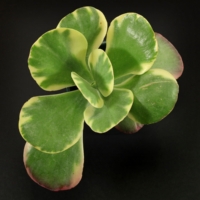 Kalanchoe thyrsiflora “Variegata”
Kalanchoe thyrsiflora “Variegata” 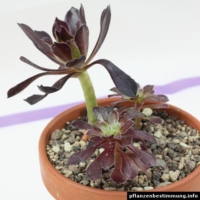 Aeonium arboreum “Atropurpurea”
Aeonium arboreum “Atropurpurea”  × Graptoveria “Silver Star”
× Graptoveria “Silver Star”  Sempervivum arachnoideum cv.
Sempervivum arachnoideum cv. 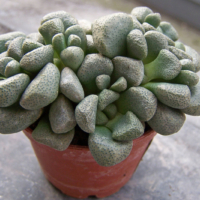 Crassula mesembrianthemopsis
Crassula mesembrianthemopsis  Pachyphytum compactum “Red Tips”
Pachyphytum compactum “Red Tips”  Echeveria derenbergii
Echeveria derenbergii  Cotyledon undulata
Cotyledon undulata  Pachyphytum oviferum
Pachyphytum oviferum  Echeveria agavoides
Echeveria agavoides  Crassula × marchandii
Crassula × marchandii  Kalanchoe humilis
Kalanchoe humilis  Phedimus spurius cv.
Phedimus spurius cv.  Echeveria agavoides “Cristata”
Echeveria agavoides “Cristata”  Dudleya greenei
Dudleya greenei 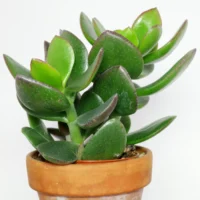 Crassula ovata “Hulk”
Crassula ovata “Hulk” 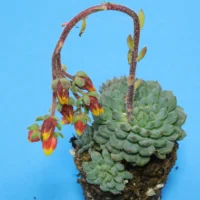 How to care for the Mexican firecracker (Echeveria setosa)
How to care for the Mexican firecracker (Echeveria setosa) 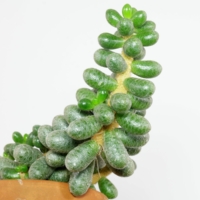 Sedum hernandezii
Sedum hernandezii  Graptopetalum filiferum
Graptopetalum filiferum 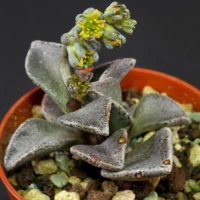 Lenophyllum guttatum
Lenophyllum guttatum  Crassula tecta
Crassula tecta  Sedum mocinianum
Sedum mocinianum 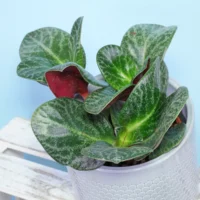 Crassula multicava
Crassula multicava 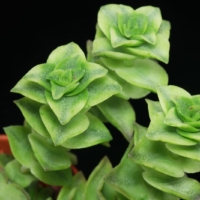 Crassula perforata “Variegata”
Crassula perforata “Variegata” 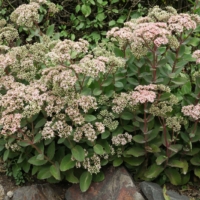 Hylotelephium telephium cv.
Hylotelephium telephium cv.  How to care for Echeveria pulidonis
How to care for Echeveria pulidonis  Crassula orbicularis var. Rosularis
Crassula orbicularis var. Rosularis 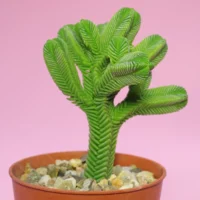 Crassula pyramidalis
Crassula pyramidalis  Dudleya brittonii
Dudleya brittonii  Crassula barbata
Crassula barbata 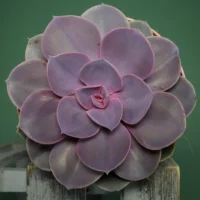 Echeveria gibbiflora
Echeveria gibbiflora 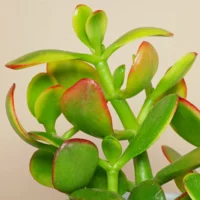 Crassula ovata “Tricolor” – care sheet
Crassula ovata “Tricolor” – care sheet 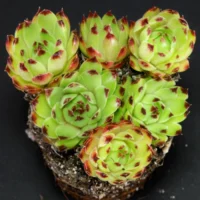 Sempervivum calcareum “Spinulifolium”
Sempervivum calcareum “Spinulifolium”  Echeveria setosa
Echeveria setosa  Echeveria pulvinata
Echeveria pulvinata  Crassula arborescens ssp. undulatifolia
Crassula arborescens ssp. undulatifolia 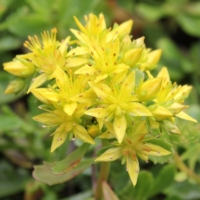 Sedum hybridum
Sedum hybridum  Kalanchoe daigremontiana
Kalanchoe daigremontiana  Aeonium glutinosum
Aeonium glutinosum  Sedum lineare “Silverstar”
Sedum lineare “Silverstar”  Aeonium arboreum “Nigrum”
Aeonium arboreum “Nigrum”  Hylotelephium populifolium
Hylotelephium populifolium  Aeonium decorum “Variegata”
Aeonium decorum “Variegata”  Kalanchoe blossfeldiana cv.
Kalanchoe blossfeldiana cv. 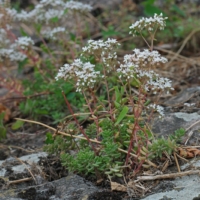 Sedum album
Sedum album  Crassula ovata “Convoluta”
Crassula ovata “Convoluta” 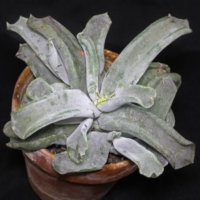 Cotyledon orbiculata “Octopus”
Cotyledon orbiculata “Octopus”  Orostachys iwarenge
Orostachys iwarenge  Crassula columella
Crassula columella 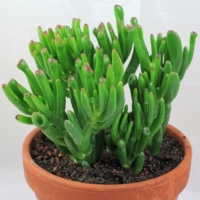 Crassula ovata “Gollum” & “Hobbit”
Crassula ovata “Gollum” & “Hobbit”  Adromischus cristatus var. clavifolius
Adromischus cristatus var. clavifolius 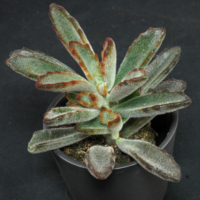 Kalanchoe tomentosa “Chocolate Soldier”
Kalanchoe tomentosa “Chocolate Soldier” 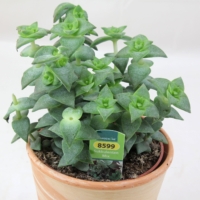 Crassula perforata
Crassula perforata  Sedum sediforme
Sedum sediforme  Cremnosedum “Little Gem”
Cremnosedum “Little Gem” 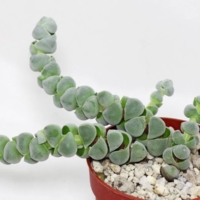 Crassula deceptor var. Arta
Crassula deceptor var. Arta  Sedum burrito
Sedum burrito  Sedum compactum
Sedum compactum  Echeveria setosa var. minor
Echeveria setosa var. minor 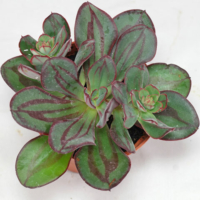 Echeveria nodulosa
Echeveria nodulosa  Pachyphytum bracteosum
Pachyphytum bracteosum  Crassula falcata
Crassula falcata  Sedum nevii
Sedum nevii 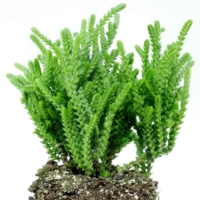 Crassula muscosa
Crassula muscosa  Echeveria agavoides .cv
Echeveria agavoides .cv 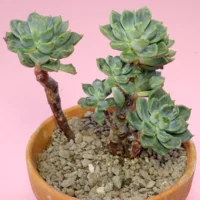 Echeveria setosa var. oteroi
Echeveria setosa var. oteroi  Phedimus spurius “Tricolor”
Phedimus spurius “Tricolor”